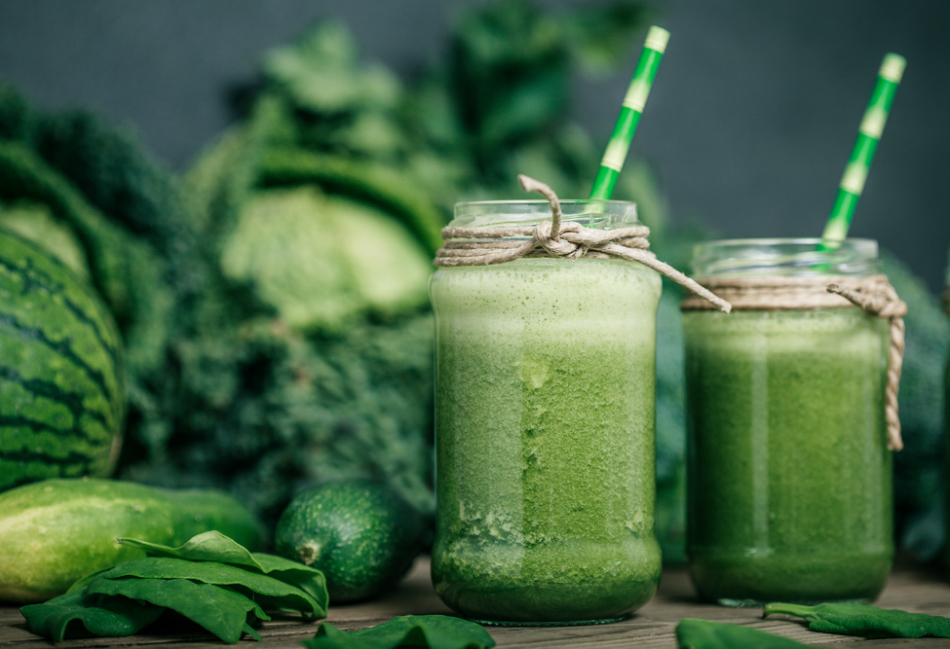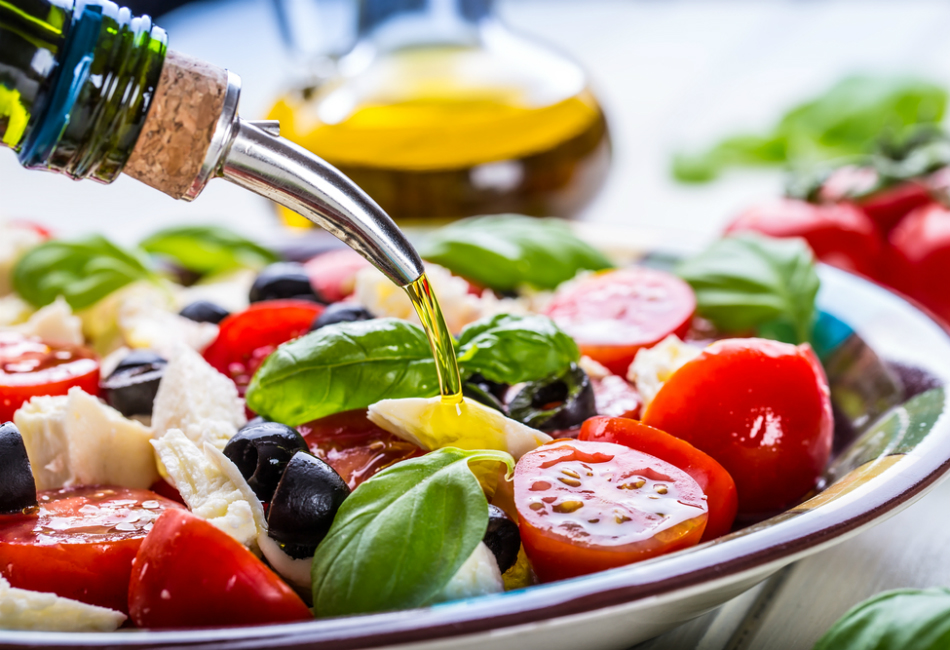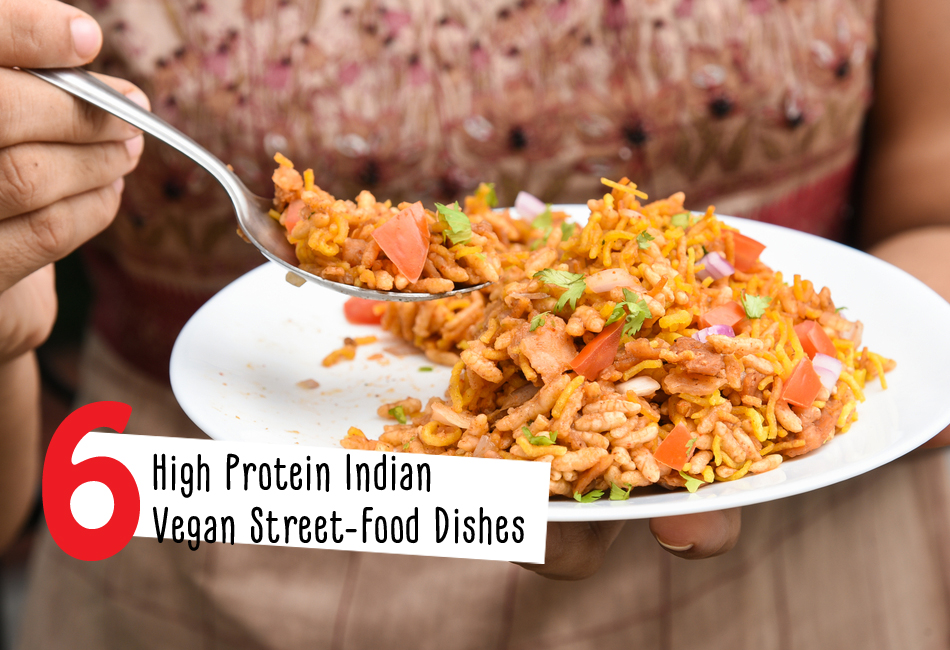Download Free Vegan Starter Kit -
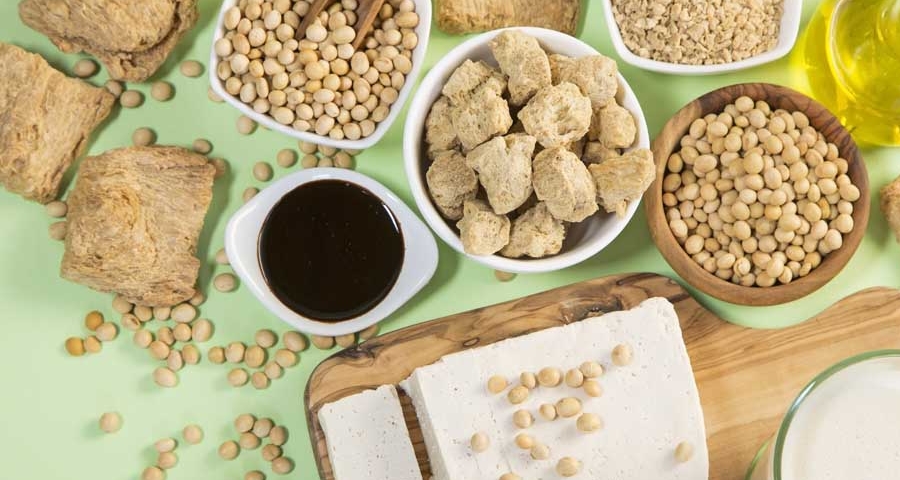
Soybean – The Right Protein Option or not?
Becoming a Vegan itself is either the biggest challenge or transition that one makes when they wish to embark on a journey due to varying reasons such environmental, ethical, logical, health, family and so on. When you get this first step out of the way, you’ve done well.
As creatures of habit, who ‘likes’ a change in taste? Here is where the dreaded second step comes, which is to make Vegan food an essential yet enjoyable part of life. It is widely believed that when it comes to trying different cuisines it is hard to identify and select vegan options, almost as hard as it is for Donald Trump to be friendly towards Mexico.
Yet, this is just a myth. The most common substitute is actually soybeans and you can find it on any menu in some shape or form. Which is very comforting for a new vegan or if you still get entrapped with the smell or taste of non-vegetarian food. Even for your daily dose of milk, tea or coffee, you wouldn’t need to harm an animal since Indian and international brands have made it cheaper for consumers to purchase Soya Milk in different flavours.
In fact, soya milk is said to have 446 calories for every 100 grams of it, this is according to a daily plan which involves consuming 2000 calories. It also has 27% calcium making soya an easy choice for most due to its apparent health benefits.
Soybean is a holistic protein source since it comprises not only of 22 grams of protein but also all the 8 amino acids – valine, isoleucine, leucine, threonine, tryptophan, methionine, andlysine & phenylalanine.
However, as the world is aware of the term GMO (Genetically Modified Foods), it has caused a huge debate as to how much of soybean production can be trusted. It all began in 1994 in the USA with the idea that transgenic soybeans would reduce production costs. Its first variety was also known as GTS 40-3-2. It was later found that manufacturers could mould the soybean into another variety, containing healthier components and would produce them in larger quantities.
Yet, in an article published in an American journal called Science and Engineering Ethics, it is mentioned that “genetically engineered seed biotechnology typically has not been used to increase crop yields, nutrition, or drought tolerance. 80% of GMO crops are bioengineered only for pesticide resistance. It gives farmers the license to spray herbicides directly onto the crops, which translates into soya entering supermarkets and causing several health problems.”
Soybeans however do come in non-GMO varieties (3160N CV, 3614CV STS/N, 3880N CV and 3950N CV). India is catching up in the process, as farmers are finding it cheaper with these varieties as they don’t catch soil disease and give them high yield.
Another issue concerning soybean is that it contains phytoestrogens (compounds that mimic estrogen in the body), genistein & daidzein. These can disrupt the endocrine system in males and females. They alongside estrogen compounds are classified as isoflavones. For this reason, Soya is said to cause premature menstruation in girls under the age of 10. When it comes to pregnancy, uterine growth, thickening of the uterine lining, increasing blood volume, milk production and the development of fetal organs takes place. The drop in estrogen can have many symptoms such as hot flashes, night sweats, loss of memory and irritability.
Even in men, the three biggest symptoms of soybean consumption are the development of male breasts or ‘moobs’, infertility and above all, losing their sexual desire. All of which are caused due to hormonal imbalance, and would go on to affect their personal lives.
If you find it difficult to control your consumption, it is advisable to reduce your dependence on soya with healthier food options but gradually and step-by-step.
Madhura has given us a lot to think about! While soya is the easiest substitute available in the markets and tastes good, it may not be great for you in large quantities. If you're looking for protein sources, there are a number of them available such a pea protein, spinach, mushrooms and cauliflower. There are a ton of nut milks like cashew milk, coconut milk and walnut milk that you can substitute in your coffee. So, we suggest cutting down on your soya intake, if you're taking huge quantities of it. Remember, vegan cuisine is all about experimenting and finding yummy flavour combos. Have fun with it!
Like this?
Read: Q & A: Should we be Peeling our Fruit and Veg?
Read more: Q&A: Are Artificial Sweeteners good for you?
AUTHOR
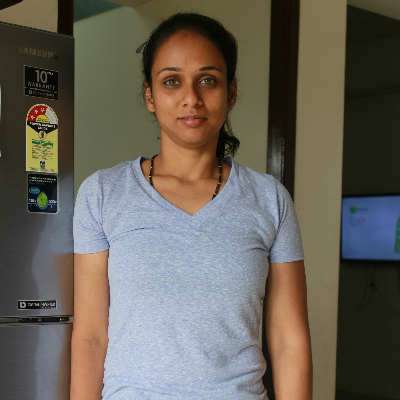
trending
Be a Vegan First Informer
Send us buzzworthy news and updates
Explore
Contact Us
About Us
Stay Connected
Copyright ⓒ 2017-2023. VEGAN PASSION PRIVATE LIMITED. All Rights reserved.
For more information, please write to hello@veganfirst.com
Registered Office Address: 55, 2nd floor, lane 2, Westend Marg, Saidullajab, Near Saket Metro Station, New Delhi, Gadaipur, New Delhi South West Delhi, DL

2.png)

.png)

.png)
2.png)
2.png)
2.png)


1.png)



